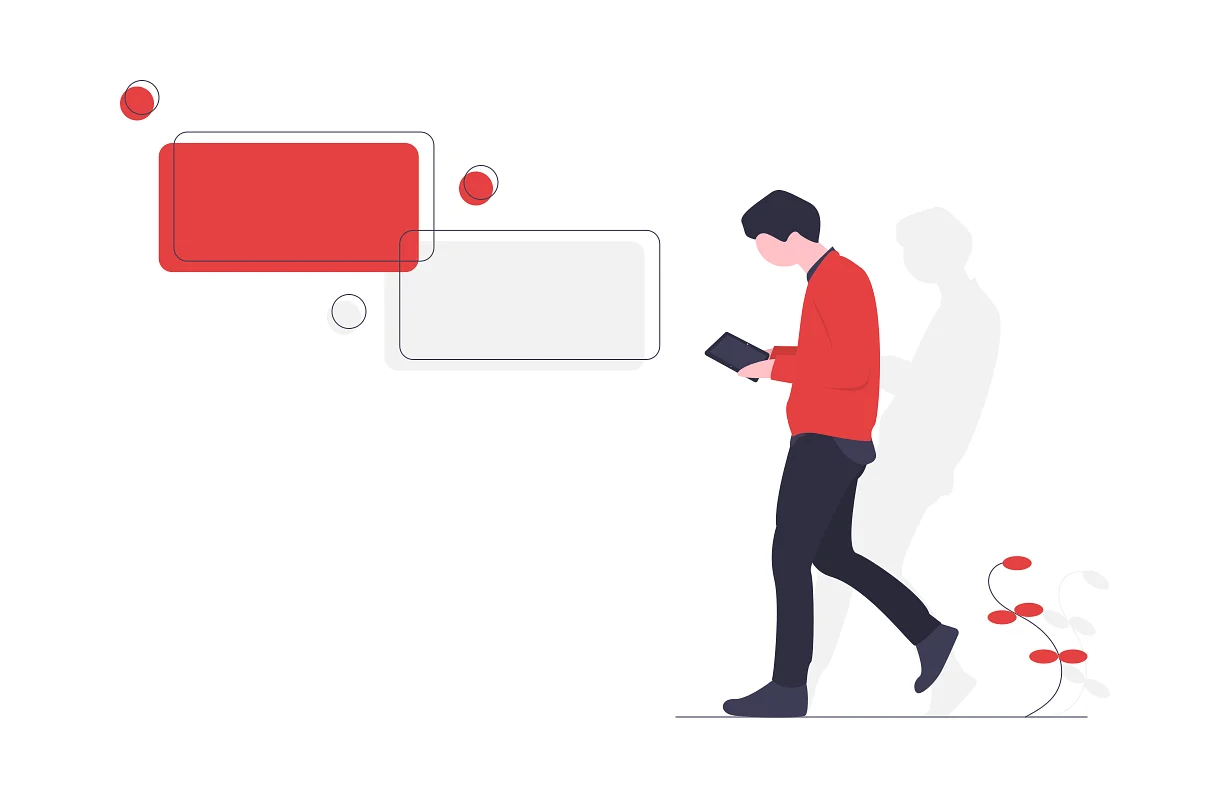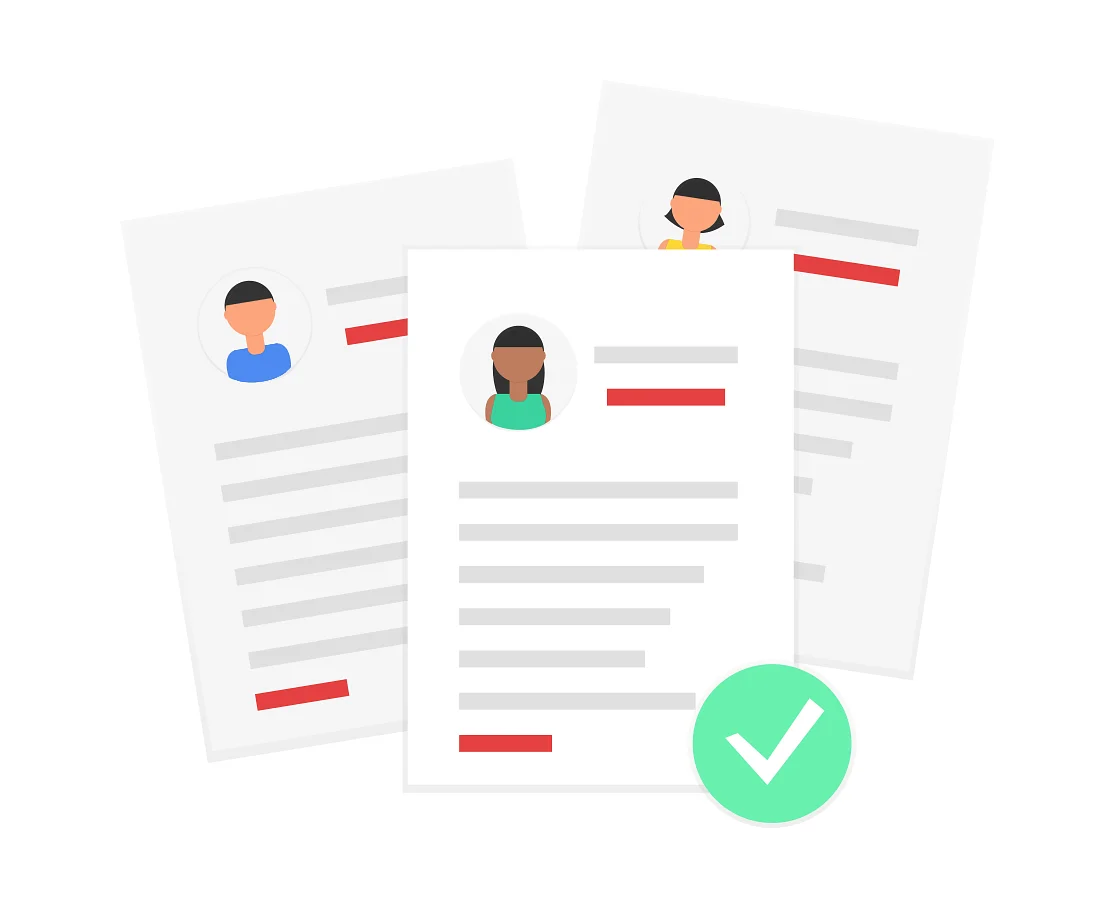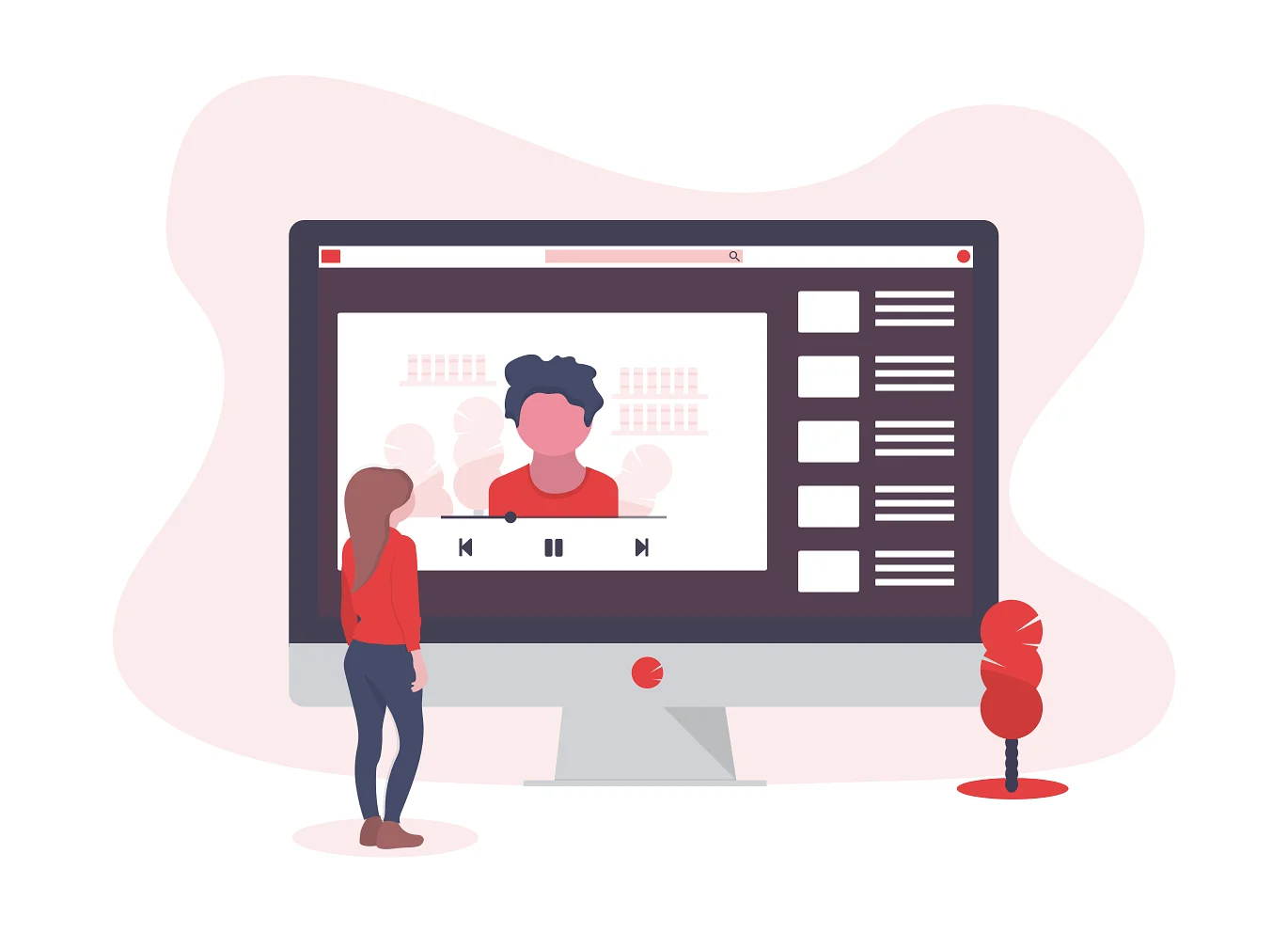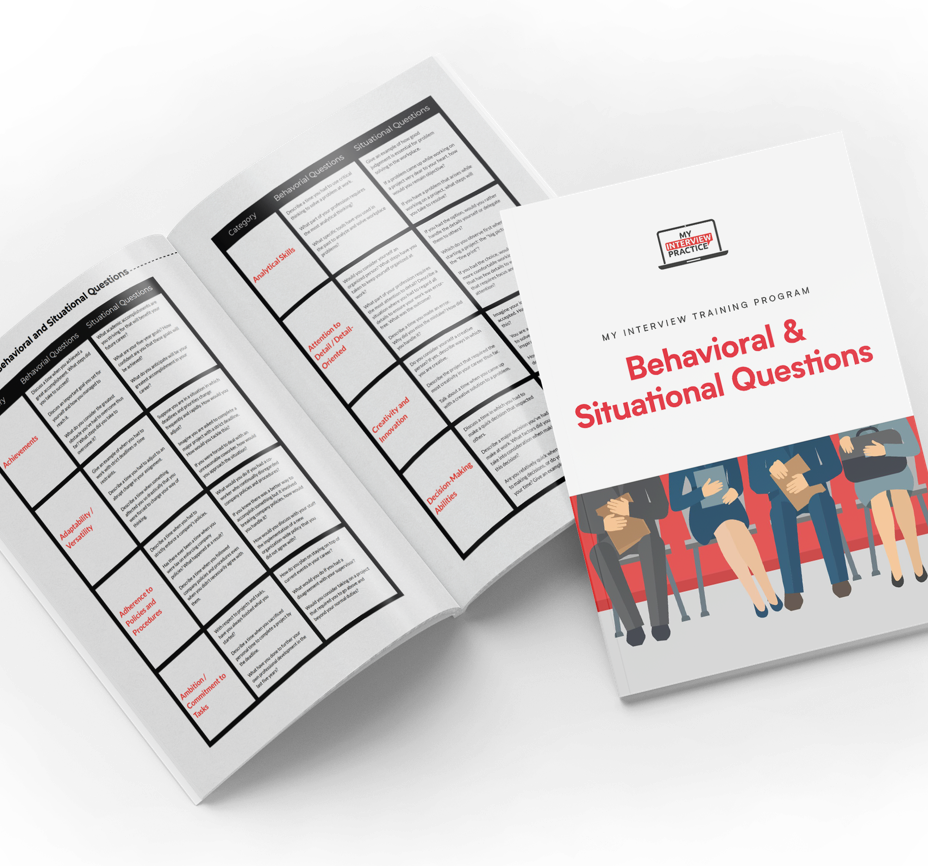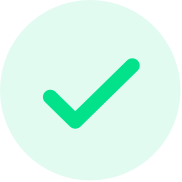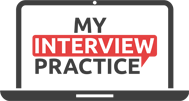7 Intelligent Questions to Ask the Interviewer

Going into an interview can seem nerve-wracking. How well you answer the interviewer’s questions is the difference between attaining your dream job and continuing the grueling job hunt.
However, it’s just as important that you go into an interview with some questions of your own. An interview isn’t just about finding out whether you’re a good fit for the company — it’s also about finding out if the company is a good fit for you.
“If an applicant doesn’t have any questions for me, that’s a red flag. I’m thinking that they either don’t care or can’t be bothered to do research about my company.” – Angela Smith, The Muse consultant
Think of an Interview Like a Date
When going to an interview, it’s helpful to think of it as a date. Yes, dates can be worrisome, but they can also be fun. You’re both there to get to know each other and hopefully build a solid relationship.
With that in mind, you’ll want to prepare some questions that will help you get to know the company you’re applying to. This is an often overlooked part of the interviewing process, but it is critical.
Asking informed, intelligent questions tells the interviewer that:
- You care about this job. By coming to an interview with intelligent questions about recent product launches, company policies, or expansions, you’re showing the interviewer that you cared enough about the position to research it beforehand.
- You’re knowledgeable. Nobody wants to bring on an employee who doesn’t know what they’re doing. By having an idea of what the company does and what your job entails, you can ask specifically targeted questions that will show the interviewer you know what you’re talking about.
- You have what they need. Posing informed questions help you zero in on what the company really needs. If your research tells you that the company is rebranding themselves to appeal to a younger demographic, you can emphasize your experience working with that demographic and show the interviewer that you are exactly what they need.
Questions to Ask Your Interviewer
With this in mind, you can begin to think about what kind of questions you want to ask during your interview. While certain questions can vary from industry to industry, we’ve compiled seven intelligent questions that can be used across all fields for any position.
1) “What are some of the typical challenges someone in this position will face?”
This is a good question to ask for two reasons. The first being that it gives you an idea of what you can expect within the position and whether or not this is a job you would enjoy and flourish in. Jumping into a job you don’t enjoy or with challenges you can’t handle is detrimental to both you and the company.
The second reason this is a good question is that it signals to the interviewer that you are selective about the job you want. Candidates who are willing to start a job without knowing about its challenges can seem desperate, an unattractive trait in both an interview and a date.
2) “What is the company culture like?”
Knowing about the company culture is a critical component in figuring out whether you’ll enjoy working there or not. Company culture encompasses many things including:
- The work environment
- Company ethics
- Company goals
- Future expectations
- Their mission
Assessing the company culture early on is beneficial for both you and the interviewer. You don’t want to work a job where you don’t enjoy the culture, and the interviewer doesn’t want to hire you just to have you quit six months down the road because you don’t fit in.
3) “Are there any skills missing on your current team that you’re hoping to fill with this position?”
Job openings are created because companies are experiencing a lack of something, often a certain skill or attribute. While your initial research should have given you an idea of what they are looking for, it doesn’t hurt to ask.
Hearing the interviewer talk about it will give you a more specific idea of what the company is looking for. The more you know about the position, the better you can demonstrate that you are just what they need.
4) “Where would you like the company to be in five years?”
Asking questions about the longevity of the company is good for both you and the interviewer. It shows the interviewer that you are interested in a long-term relationship with the company, and it tells you whether the company is moving in a direction that will be beneficial for your career.
This will also give you insight into what the interviewer wants to see from whoever fills the position. If you do get the job, you can use this information in your day-to-day work to achieve their expectations.
5) “Is there anything about my background or qualifications that makes you hesitant to hire me?”
Nobody’s perfect. If you notice any reservation or hesitation from the interviewer, asking this question at the end of an interview can be a good way to put their fears to rest.
Just make sure that you are prepared to explain any flaws in your work history. It won’t help to have the interviewer ask why you were let go from your last job when all you have to say is that you were always late to work.
Before an interview, it’s always a good idea to read through your resume and look for any points of contention. Read it the way an interviewer would. If you see anything that gives you pause, take the time to come up with a good reason as to why it is the way it is.
6) “Are opportunities for professional development available within this position?”
Everyone wants to know if they’ll be able to get a promotion eventually, but bringing this up during an interview can kill your chances of getting the job. Asking about whether there are opportunities for professional development is a nice way to broach the subject without coming on too strong.
The way the interviewer responds will give you plenty of insight into what your future with the company might look like. Typically, companies that offer opportunities for professional development do so with the thought of helping their employees grow and move up in the company.
7) What do you expect a successful candidate to achieve within the first three months in this position?”
Asking this will give you an idea of what you’ll need to accomplish to meet company expectations. This is a good question because it shows the interviewer that you are forward thinking. You don’t want to just know about daily tasks — you want to know about how to execute them successfully in order to achieve periodic goals.
Remember … an interview is a two-way street.
Candidates should go into job interviews with the intent to have a conversation rather than take a test. Think of an interview as an opportunity for you to get to know the company and vice versa, then use that idea to create your interview questions. For more tips check out our What Questions to Ask Training Guide.
The key to nailing your interview – practice, practice, practice.
As with anything, practice makes perfect. The most common ways to practice are with in-person mock interviews or a list of questions. While these options are a great place to start, they can leave a lot to be desired.
Practicing with In-Person Mock Interviews and Question Lists
One way to get valuable interview practice is to set up in-person mock interviews. Unfortunately, they can be somewhat inconvenient. You have to find someone to conduct the mock interview, and schedule a meeting every time you want to practice.
Question lists offer a much more convenient way to practice interviewing. Unfortunately, they do little to recreate actual interview pressure. In a real interview you’ll never know what’s going to be asked and this is exactly what can make interviews so stressful.
Interview Simulators – The best of both worlds.
With interview simulators, you can take realistic mock interviews on your own, from anywhere.
My Interview Practice offers a dynamic simulator that generates unique questions every time you practice, ensuring you're always prepared for the unexpected. Our AI-powered system can create tailored interviews for any job title or position. Simply upload your resume and a job description, and you'll receive custom-curated questions relevant to your specific role and industry. Each question is crafted based on real-world professional insights, providing an authentic interview experience. Practice as many times as you need to build your confidence and ace your next interview.
| List of Questions |
In-Person Mock Interview |
My Interview Practice Simulator |
|
|---|---|---|---|
| Questions Unknown Like Real Interviews | |||
| Curated Questions Chosen Just for You | |||
| No Research Required | |||
| Share Your Practice Interview | |||
| Do It Yourself | |||
| Go At Your Own Pace | |||
| Approachable |
Our interview simulator uses video to record your responses, and recreates the pressure you would feel in a real interview. This also allows your to see how you perform and perfect your responses. You can then share your responses with colleagues and mentors so that you can get valuable feedback.
Get the free training guide.
See the most common questions in every category assessed by employers and be ready for anything.
Get the Guide

